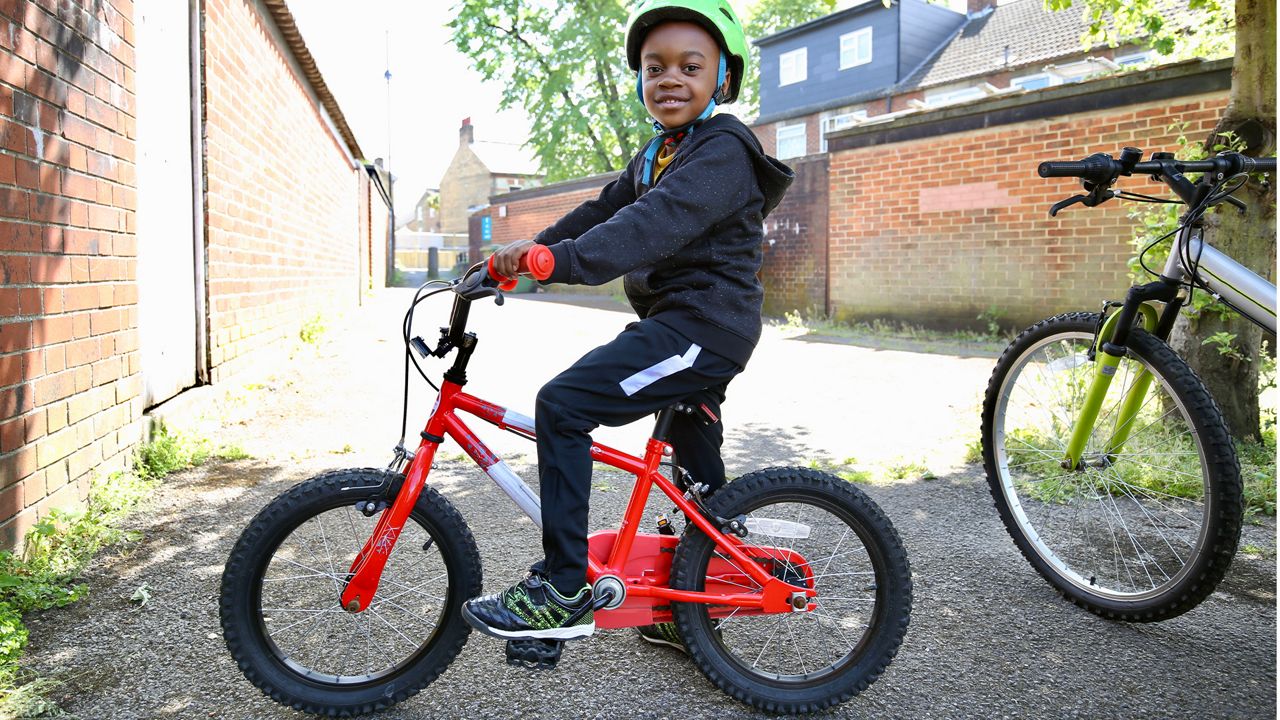LOS ANGELES — The Los Angeles Metropolitan Transportation Authority has come up with a novel solution for the 400+ bicycles that are left on its buses and trains each month. Through a new Adopt-A-Bike program announced Friday, unclaimed bicycles will be offered to county residents and the unhoused for free.
“This is a win-win situation,” said Holly Rockwell, senior executive officer in the Metro Planning Department, adding that it helps the agency achieve its equity objectives and get bikes to the people who need them most.
Seventy-five percent of the bicycles that are left behind on Metro property are never claimed, according to Rockwell. Prior to the Adopt-A-Bike program, they were auctioned off, after a mandatory 90-day holding period required by state law.
Now, as part of a two-year pilot program, they will go to one of six community-based organizations working with disadvantaged individuals in six different parts of the county that Metro has partnered with. After the unclaimed bicycles come out of storage, the transit agency will make them available to its partner groups to conduct safety inspections and safety training for recipients before they are given away.
“There’s a huge need for kids on bikes and people on bikes, and there’s a lot of under-utilized bikes out there,” said Jim Shanman, executive director of the LA-based nonprofit education and training group, Walk ‘n Rollers.
During COVID, Shanman’s group created a bike distribution program similar to what Metro is now doing, providing free wheels to 100 families who were looking for bikes for their kids.
“A bike is a missing piece in a lot of people’s lives. It’s human-powered transportation, not dependent on any schedule,” Shanman said. “It’s easy transportation for someone in a re-entry program trying to get to a job interview or kids going to school. Combine a bike with a bus or train and the entire county becomes accessible.”



